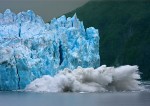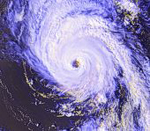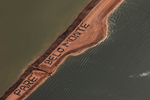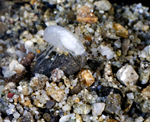Cuba’s Cholera Outbreak Over in Two Months
Press Release from Cuban Ministry of Public Health, Granma, Cuba Debate. With epidemiological vigilance, public education, and appropriate treatment, Cuban public health workers completely ended in two months what might have become a major cholera epidemic and limited a cholera outbreak to three deaths and 417 cases. (English|Spanish)
Continue reading →











